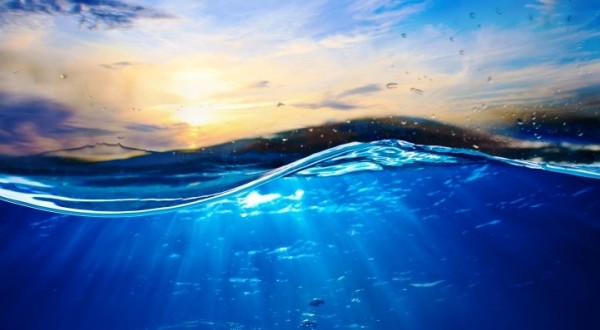ICS has some specific comments regarding Proposal 6, ‘Offshore Oil and Gas – establishing binding international safety standards and liability’ of the Global Ocean Commission Report ‘From Decline to Recovery: A Rescue Package for the Global Ocean’
ICS has welcomed the publication of the Global Ocean Commission (GOC) proposals on how the governance of the world’s oceans might be improved. ICS shares the GOC’s objective of seeking greater levels of environmental protection, especially with respect to areas of economic activity that currently may not be adequately regulated. ICS notes that the ideas set out by the GOC include the establishment of a stand-alone UN Sustainable Development Goal for the oceans, a properly resourced and mandated UN Special Representative for the Ocean, as well the creation of an independent Global Ocean Accountability Board.
ICS itself has strong no views on these proposals, provided that they do not interfere with the effectiveness of IMO as the shipping industry’s global regulator. However, ICS suggests that any views on these matters that might be expressed by IMO, or its Member States’ maritime administrations, should be given very careful consideration.
Proposal 2 calls for a new UNCLOS implementing agreement, including the possible establishment of Marine Protected Areas on the High Seas. ICS believes that whatever might be decided in the future with respect to UNCLOS, great care should be taken with respect to the maintenance of freedom of the high seas and rights of navigation enshrined in Articles 87 and 90, and the current balance that exists between the rights and obligations of flag States, coastal States and port States. In the context of regulating international shipping, the current balance has worked very well, as demonstrated by the reduction in the number of maritime accidents and pollution incidents, despite the massive increase in maritime transport which is responsible for the carriage of about 90% of world trade. On a presentational note, ICS would respectfully suggest that in the interests of helping to ensure the support of as many governments as possible for the GOC’s proposals, great care should be taken with respect to terminology. For example, pejorative phrases such as ‘flag of convenience’ should be avoided since this is not an accepted term within most UN bodies, including IMO, while care should also be taken with respect to the proper description of ‘Chinese Taipei’
Establishing Binding International Safety Standards
ICS notes, with respect to the offshore oil and gas industries, GOC’s support inter alia for the ‘elaboration of an international convention regulating liability and compensation [to]:
| (i) cover both economic loses and ecological damages; (ii) provide for a strict liability of operators; (iii) include provisions for shared liability between all licence holders and their subcontractors; (iv) bind States to ensure that operators have adequate financial capacity to pay for possible compensation; (v) set a liability cap at a level that can ensure the recovery of costs associated with environmental remediation … as well as a compensation fund to address major disasters that are likely to exceed the liability cap.’ |
ICS does not speak for the oil and gas industries. However, ICS notes that the issue of liability and compensation for pollution damage resulting from offshore drilling activities has been extensively discussed within IMO very recently. The discussion took account of views from coastal States that might be affected by such pollution and the views of States in whose territories offshore rigs are located. The starting point of the discussion was the successful liability and compensation regime that applies to international shipping (the Civil Liability and Fund Conventions). These Conventions are designed to provide effective and swift compensation for claimants by providing for a strict liability on the part of the shipowner in return for an almost unbreakable right to limit that liability, which ensures the continuing availability of insurance. The GOC might therefore wish to consider carefully whether support for a regime ‘to provide strict liability for operators’, as contained in point (ii) of this proposal, is compatible with the wish to ‘set a liability cap at a level that will ensure the recovery of costs associated with environmental remediation’ as outlined in point (v).
The overall conclusion of the wide ranging debate at IMO on extending this successful model to the offshore industry was that the issue of liability and compensation is more appropriate for bilateral or multilateral treaty/agreement rather than a global international Convention. The IMO is currently assisting with the development of a model to assist those States in need of such an agreement or treaty. ICS would respectfully refer the GOC to the wide ranging discussion within IMO on this important issue and, in particular, why it has concluded that an international Convention is not appropriate.
In the start, I was outspoken with you propecia before and after has changed my subsistence. It has become much more fun, and now I have to run. Just as it is improbable to sit.































































